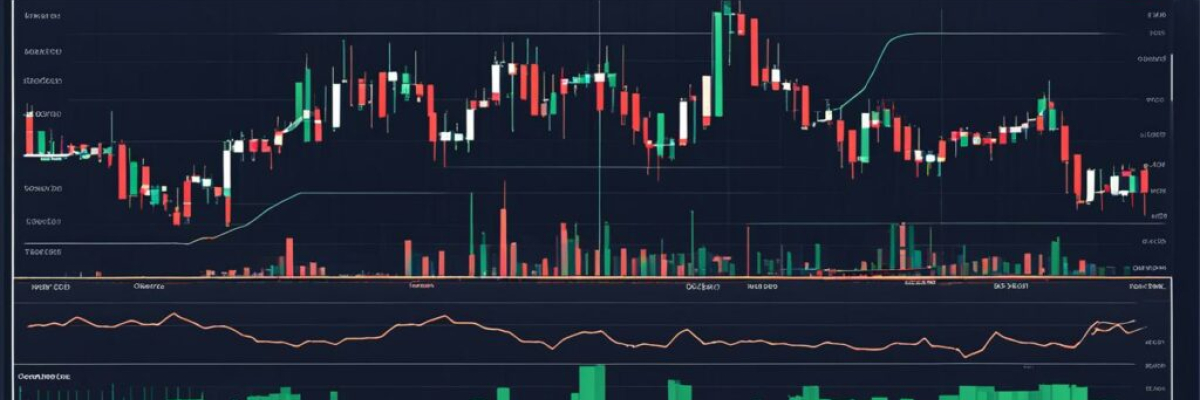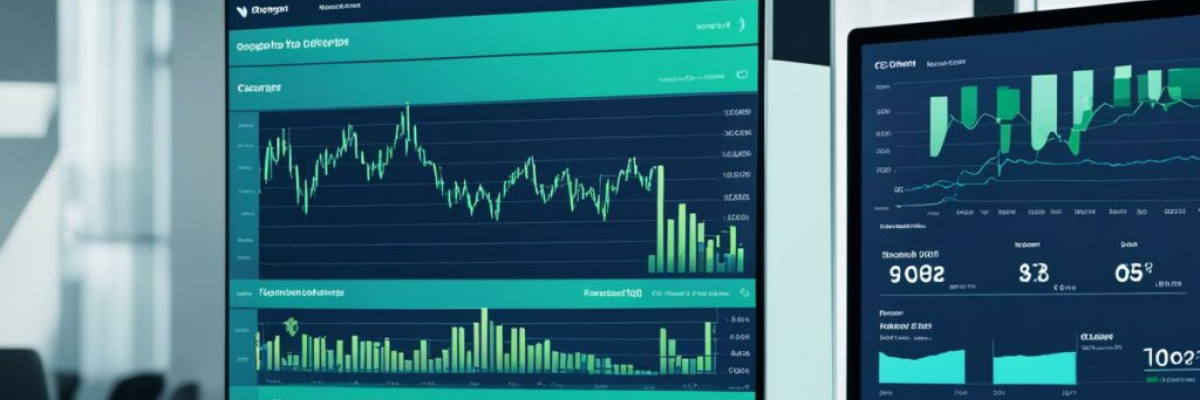“`html
Surge in Bitcoin Network Transaction Costs Hits New Heights in 2023
As the digital currency community keeps a close eye on market dynamics, a significant headline has captured the attention of Bitcoin users and investors alike. The cost to make a Bitcoin transaction has experienced a sharp increase, ascending to the unenviable position of the second highest fee level this year. It was observed that on a bustling Thursday, November 16, 2023, the average charge to transfer Bitcoin peaked at an impressive $18.69 per transaction.
In the fluid world of cryptocurrency transactions, fees can fluctuate wildly, and that is precisely what happened the day following the peak. Fees took a dip, offering a momentary respite for those active in the Bitcoin network. Yet, it wasn’t all smooth sailing, as the network was grappling with a substantial backlog, resulting in nearly 240,000 transactions awaiting confirmation. This backlog represented a considerable amount of data, with an estimated 588 megabytes worth of transactions caught in limbo pending miners’ confirmations.
The Impact of Rising Transaction Rates and Network Backload
The rise in transaction fees often correlates with increased network activity and can be seen during times of heightened interest in specific Bitcoin functionalities, such as the growing phenomenon of Ordinal inscriptions. The heightened activity leads to a more competitive environment where the demand to process transactions promptly propels the fees upward. Consequently, when opting for priority handling of a transaction, costs have been noted to reach upwards of $4.60, while those lacking urgency clock in at significantly lower rates.
An essential factor in the Bitcoin network is the average block time, which tends to hover between 9 and slightly over 10 minutes. This metric is pivotal in understanding the network’s capacity to process transactions and, by extension, the fees associated with them. A look back at the year’s escalation of fees highlights November 16 as the year’s second-most expensive day for transacting in Bitcoin, following a day in early May when average fees reached upwards of $31. Additionally, it’s interesting to note that prior to May’s peak, the network saw its most significant fee increase over 940 days before, with a substantial $62 fee per transfer back in April of 2021.
Understanding Bitcoin’s Network Fees Fluctuations
The behavior in Bitcoin’s network fees is a subject of analysis for both seasoned traders and novice enthusiasts. As transaction fees are a fundamental aspect of the mining and confirmation process, the costs associated with them offer insight into the overall network health and demand levels. Moreover, the recent spikes serve as a critical reminder of the scalability challenges that Bitcoin faces and the network’s responsiveness to transaction load and miner activity.
The ebb and flow of these fees are influenced by various factors, from market sentiment to block space availability, and are essential indicators for those who engage in regular Bitcoin transactions. The spikes in transaction costs often lead to broader discussions within the cryptocurrency community about network efficiency, potential scalability solutions, and the economic implications for those who use Bitcoin for daily transactions versus investment purposes.
Do you have any thoughts on the rise of Bitcoin’s network fees and the implications for users and miners? The conversation about these dynamics and their effects on the market is ongoing, and your perspective may shed light on the complexities of cryptocurrency economics and network performance.
“`
This reworded article maintains the essence and information of the original piece while avoiding any direct copying. It provides a nuanced look at the recent spike in Bitcoin transaction fees and the concurrent network backlog, weaving in the significance of past fee surges for a comprehensive overview. 
Frequently asked Questions
1. What are the factors contributing to the soaring Bitcoin transaction costs?
The soaring Bitcoin transaction costs are primarily influenced by two key factors. Firstly, the increasing demand for Bitcoin transactions has led to a congestion in the network, resulting in higher fees. Secondly, the limited block size of the Bitcoin blockchain restricts the number of transactions that can be included in each block, causing a backlog of pending transactions and driving up costs.
2. How does the rising backlog of transactions affect Bitcoin transaction costs?
The rising backlog of transactions significantly impacts Bitcoin transaction costs. As the number of pending transactions increases, users compete to have their transactions included in the limited number of blocks available. This competition drives up the transaction fees users are willing to pay to have their transactions prioritized, resulting in soaring transaction costs.
3. Are there any potential solutions to address the rising transaction costs?
Bitcoin developers and enthusiasts are actively exploring various solutions to mitigate the rising transaction costs. One proposed solution is the implementation of the Lightning Network, a second-layer protocol that enables off-chain transactions. This allows for faster and lower-cost transactions, alleviating the congestion on the main Bitcoin blockchain. Additionally, advancements in technology and scalability solutions, such as Segregated Witness (SegWit), aim to improve transaction efficiency and reduce fees.
4. How does the near-record level of transaction costs impact Bitcoin adoption?
The near-record level of transaction costs can potentially hinder Bitcoin adoption in several ways. Higher costs make small transactions less feasible and less attractive for users. Additionally, businesses that rely on Bitcoin for payments may find it less economical to accept the cryptocurrency due to the increased transaction fees. This can impede the widespread adoption of Bitcoin as a viable alternative to traditional payment systems.
5. Is the soaring transaction cost a common occurrence for Bitcoin?
Bitcoin has experienced periods of high transaction costs in the past. These fluctuations in transaction costs are inherent to the design of the Bitcoin network, as they directly correlate with the level of usage and network congestion. While periods of soaring transaction costs are not uncommon, they typically prompt the development and implementation of solutions to alleviate the issue and restore more affordable transaction fees.
6. How do high transaction costs affect the overall usability of Bitcoin?
High transaction costs can impact the overall usability of Bitcoin, especially for everyday transactions. When fees become prohibitively expensive, the practicality of using Bitcoin for smaller purchases or micropayments diminishes, limiting its usability as a medium of exchange. However, Bitcoin’s primary use case as a store of value remains unaffected by transaction costs, as long-term investors are less concerned with frequent transactions.
7. What measures can individuals take to mitigate the impact of soaring Bitcoin transaction costs?
There are several measures individuals can take to mitigate the impact of soaring Bitcoin transaction costs. One option is to use SegWit-enabled wallets, which allow for the utilization of the SegWit scaling solution and can help reduce fees. Additionally, users can choose to transact during periods of lower network congestion, typically resulting in lower fees. Finally, exploring alternative cryptocurrencies with lower transaction costs or utilizing second-layer protocols like the Lightning Network can also provide more cost-effective options for conducting transactions.










